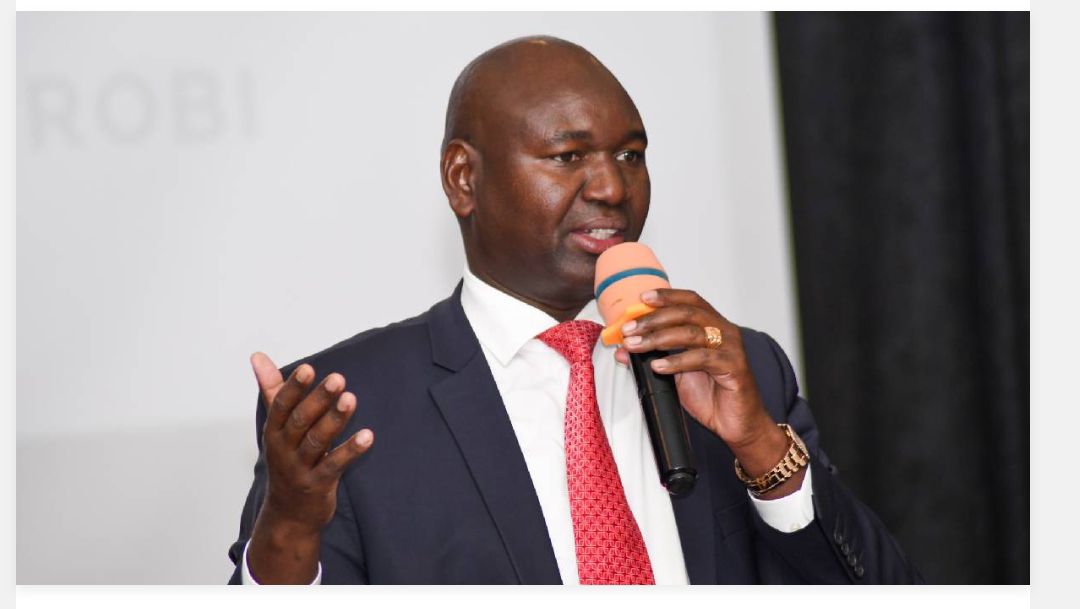As the 2025 academic calendar enters its third and final term, the Ministry of Education in Kenya has made a significant policy decision aimed at bolstering academic focus and improving examination preparedness. The Ministry, through Basic Education Principal Secretary Julius Bitok, has officially banned all social and extra-curricular activities during this term, citing the need for a distraction-free environment ahead of national examinations and assessments.
The third term is a critical period in the academic year, designated specifically for the administration of major national assessments. These include the Kenya Certificate of Secondary Education (KCSE), which will run from October 21 to November 21, and the Kenya Junior School Education Assessment (KJSEA), scheduled from October 27 to November 5. Other assessments such as the Kenya Primary School Education Assessment (KPSEA), Kenya Intermediate Level Education Assessment (KILEA), and Kenya Pre-Vocational Level Education Assessment (KPLEA) also fall within this timeframe.
The Ministry’s directive is a response to the concern that non-academic activities, though valuable in a holistic education framework, may become distractions during this high-stakes season. In his statement, PS Bitok emphasized that the decision was made to “enhance focus on effective preparation for national examinations/assessments and minimize disruptions.” As such, activities such as prayer days involving parents and external visitors, Annual General Meetings (AGMs), prize-giving ceremonies, and thanksgiving events are now prohibited in the third term.
Importantly, the Ministry has allowed internal prayer and worship activities conducted by school chaplains and teachers to continue, recognizing the spiritual support students may need. However, events that involve external participation or large gatherings will be postponed to either the first or second terms, ensuring that the sanctity and focus of the third term remain intact. Additionally, annual leave for education officers has been cancelled during the examination period to ensure full administrative support.
While some stakeholders may view the restrictions as harsh or limiting, they reflect a broader strategy to prioritize academic success. With the country placing increased emphasis on educational performance and competency-based assessments, the Ministry’s move aligns with national goals of improving learning outcomes and accountability.



